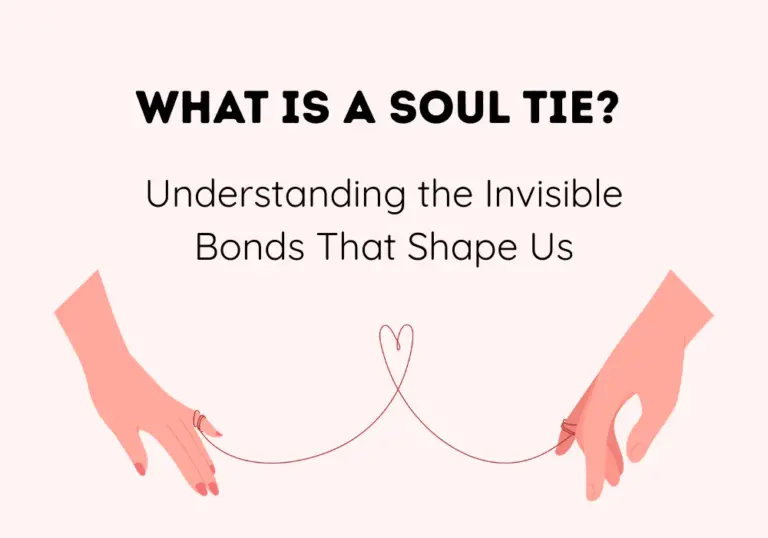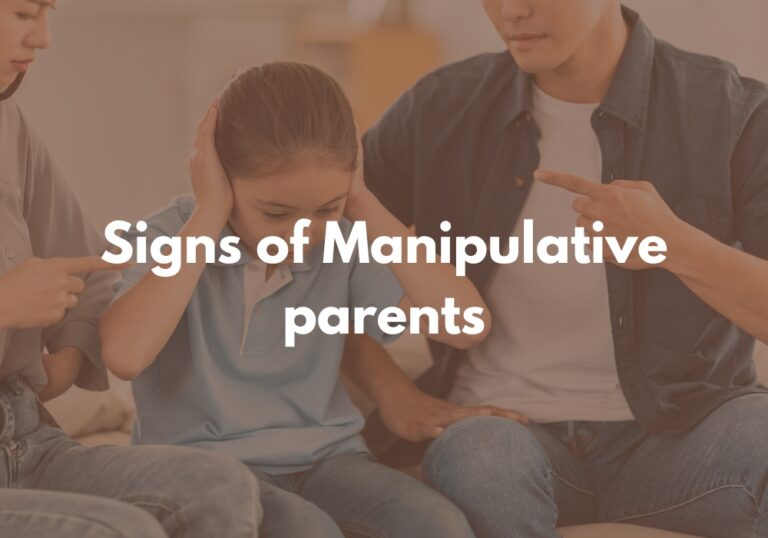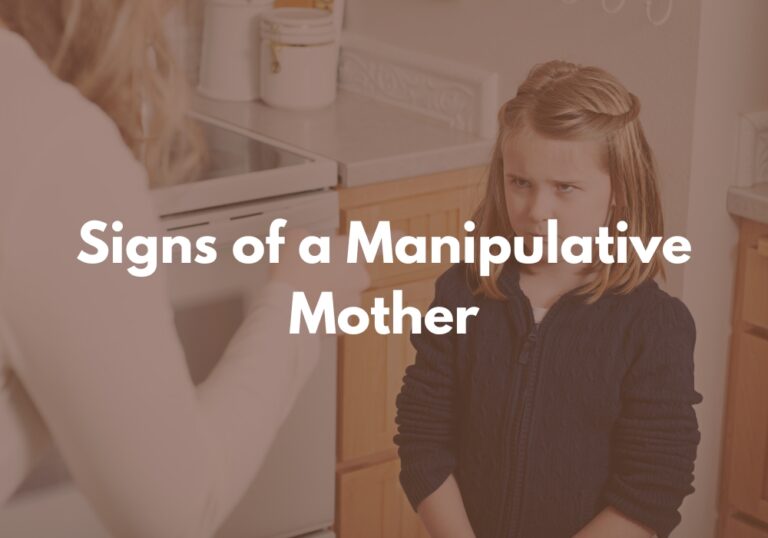What Is a Complicated Relationship?
A complicated relationship involves challenges, conflicts, and differing expectations between two or more people. It differs from smooth and harmonious connections and can lead to confusion and emotional upheaval. These relationships can appear in various aspects of life, such as love, friendship, family, or work. Essentially, a complicated relationship is defined by factors that make it hard to navigate and achieve stability and happiness.
It’s normal for relationships to have complexities and difficulties at times, but navigating a complicated relationship can be confusing and frustrating, leaving you uncertain about the future.
8 Causes of a Complicated Relationship:
Involvement in complicated relationships can lead to emotional, mental, and physical effects on the people involved. These relationships can bring both positive and negative consequences, depending on how the challenges are handled and the overall relationship’s well-being. Here are some important causes of such relationships:
1-Unaddressed Conflicts:
When conflicts or unresolved issues aren’t handled, they can cause stress and make relationships complex. These problems might come up frequently, stopping a relationship from moving forward with ease.
2-Absence of Boundaries:
The absence of well-defined boundaries can lead to misunderstandings, resentment, and a perception of being exploited, all of which contribute to a complicated relationship.
3-Reality vs Expectations:
A lot of people view relationships like fairytales. They believe they’ll fall madly in love with a flawless individual who’s absolutely amazing. Unfortunately, this is rarely true because everyone has imperfections.
Entering a relationship with these high expectations can be disappointing when you realize nobody is perfect. This may cause stress and complexities in various types of relationships.
4-Impact of past events and trauma:
Individuals respond to current situations based on their previous experiences. This explains why someone with a difficult childhood may struggle to embrace love, even when there’s a supportive partner by their side.
People in relationships who have unresolved past issues may display signs of emotional immaturity or instability.
Consequently, their partner may need to be extra careful around them, which can make relationships complex.
5-Opposing values :
Opposing values can make relationships complicated. If you highly value punctuality, but your partner is messy and doesn’t mind being late, the relationship can become tiring over time. While it’s important to recognize that your partner may have different traits and values that complement yours, if they are the complete opposite of you in the areas that matter most, the relationship may suffer.
6-Assumptions:
The partners lack an understanding of conflict navigation. In the beginning, we acknowledged that humans possess diverse preferences and personalities, leading to inevitable conflicts in relationships. Therefore, it is crucial for everyone in a relationship to acquire conflict resolution skills. By managing emotions effectively during conflicts, relationships can avoid becoming complicated. However, if differences persist and remain unresolved, the relationship will inevitably become complicated.
7-Losing trust:
One of the most terrifying things that can happen in these relationships is that people begin to lose trust in one another. Even a kind gesture is met with suspicion and accusations.
8-Communication Difficulties:
Complicated relationships can suffer from poor communication, which can lead to misunderstandings, misinterpretations, and a lack of clarity. This, in turn, can lead to further conflicts and emotional distress. When people don’t communicate effectively with each other, their relationships become intricate. This is often because they fear that communication may lead to the end of the relationship.
15 Signs of a Complicated Relationship:
By recognizing these signs, you can gain insight into your situation and make more informed decisions about your future.
1-Lack of commitment:
Commitment and fidelity are key characteristics of a strong, healthy relationship. They create a sense of security and trust for both people in the relationship. A lack of commitment, on the other hand, is a defining sign of a complicated relationship. This includes situations where a romantic relationship is not clearly defined, such as a friends-with-benefits situation, or when loyalty to a friendship is not upheld. In these cases, there is a gray area that can cause confusion and uncertainty, leading to a breakdown in the relationship.
2-You End Up Into Frequent Arguments:
In a complicated relationship, you frequently find yourself in heated arguments. It can be difficult to find common ground or resolve conflicts peacefully. Regardless of the circumstances, you always end up getting into arguments.
3-There’s Poor Communication:
Effective communication is essential for any relationship to prosper. In a complex relationship, communication may become strained, leading to misunderstandings, misinterpretations, or even complete silence.
4-Crashing values:
If you and your partner have fundamentally different beliefs about your core values, it will be difficult to maintain a harmonious relationship. It requires both individuals to make compromises in areas where they may not be able to align.
5-There’s a Lack of Intimacy:
The lack of intimacy can occur in complicated relationships, often resulting in a growing emotional distance or a lack of affection and connection.
6-Difficulty showing your true self:
In a strong and secure relationship, people feel safe enough to show their real emotions and personality. But in complicated relationships that always avoid open communication, it makes it hard for some to express their true selves and needs.
7-You Feel Emotionally Manipulated:
Manipulative behavior, such as inducing guilt, gaslighting, or playing psychological tricks, is frequently encountered in these types of relationships. This type of behavior further complicates the dynamics of the relationship and erodes trust.
8-There’s No Talk About The Future:
If both partners are constantly avoiding the conversation about the future, then it is an indicator that there is no future. It is important to discuss the future of relationships to ensure that both parties are on the same page.
9-You try to change each other:
In a healthy relationship, both partners grow and evolve together, rather than trying to change each other. You shouldn’t alter who you are in order to be loved or committed to by someone else. Instead, find someone who appreciates and loves every aspect of you. Life is too short to be with someone who doesn’t deserve you.
10-You are tired of trying to please him/her:
When you’re constantly trying to please someone, it can be draining emotionally, mentally, or physically. However, in a healthy relationship, happiness should be balanced between both partners. It’s important to avoid exhaustion by maintaining a give-and-gain dynamic.
Related:10 Signs You’re a People Pleaser (and 11 Ways to Stop)
11-There’s Minimal Trust:
Trust is the foundation of any healthy relationship. In situations where relationships are complicated, trust can be compromised, resulting in doubts, suspicions, and a constant need for reassurance.
12-Secret dating:
When people keep their relationship a secret, it can be a sign of a complicated romantic relationship. When the relationship is hidden, boundaries between partners become unclear, and expectations can be based on false assumptions. Hiding a relationship can also cause anxiety and insecurity in one’s partner, as well as prevent the relationship from moving forward.
13-Repeated abusive pattern:
The repetition of abusive patterns can lead to exhaustion and harm for all involved. It is crucial to deeply reflect on the reasons behind returning to old habits and to actively take steps to disengage from complicated relationships.
14-Dishonesty and disloyalty:
A lack of integrity is evident in dishonesty and disloyalty. Consistent deception undermines respect, regardless of the positive qualities one may possess.
15-Unending fights:
When every conversation leads to a fight and a heated argument, regardless of the size of the problem, it always ends in constant shouting and arguing. This indicates a complicated relationship.









What’s Happening i’m new to this, I stumbled upon this I’ve found It positively helpful and it has aided me out loads. I hope to contribute & aid other users like its helped me. Good job.